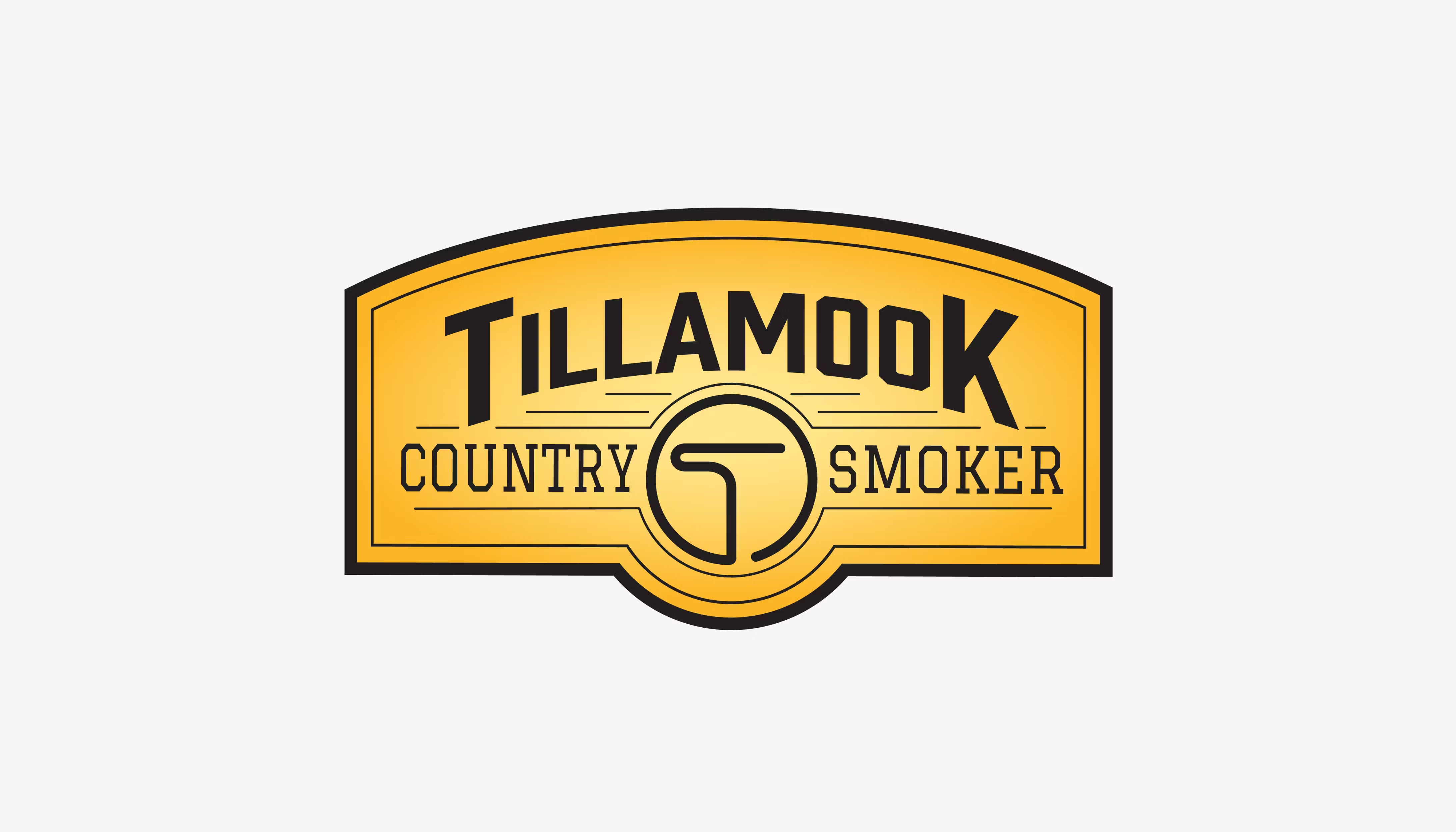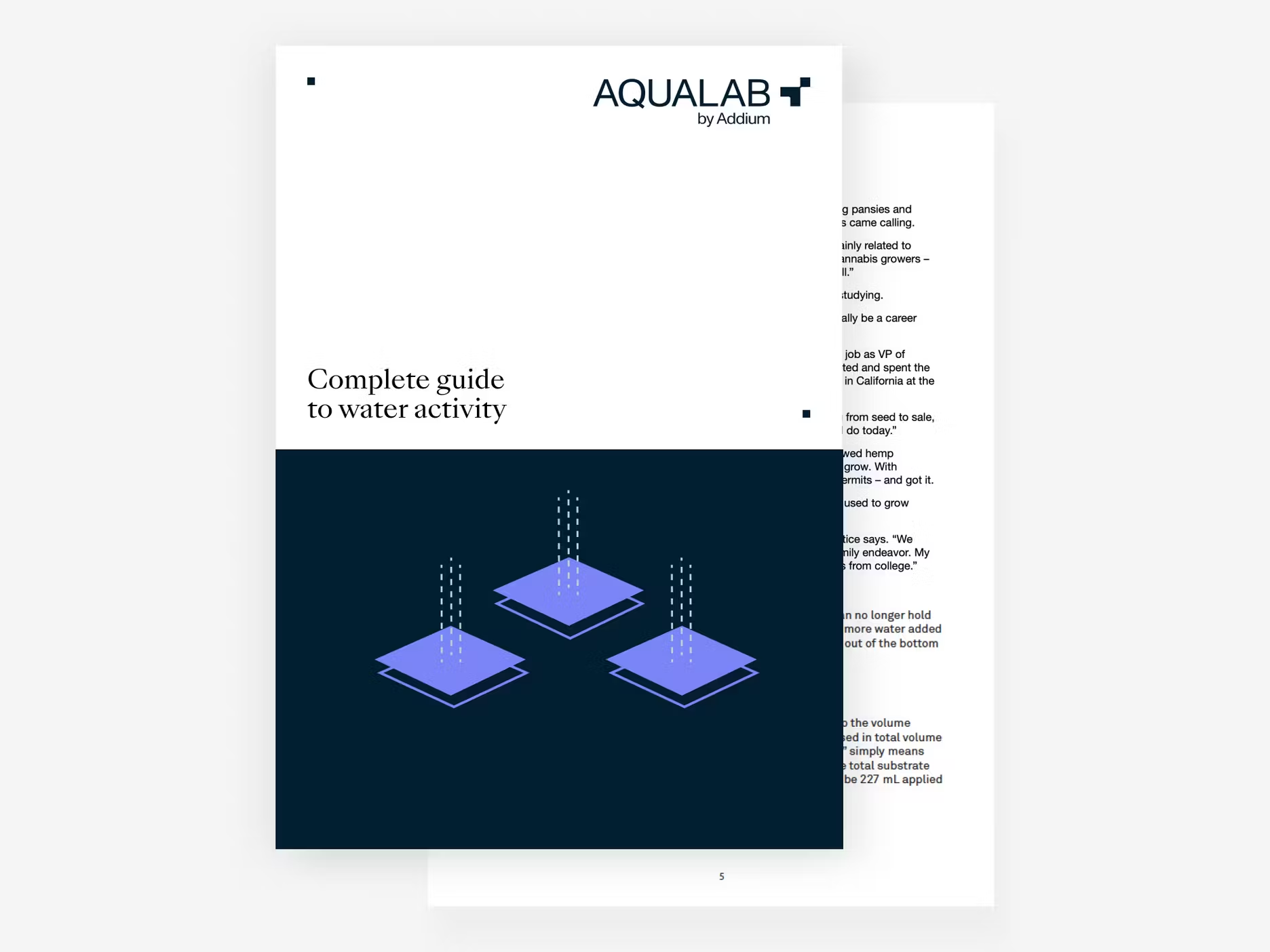CUSTOMER STORIES
Tillamook Country Smoker’s perfect jerky and automated processes

Tillamook was born in a backyard smokehouse in the 1960s. Even with extreme growth, TCS has remained committed to producing the most authentic beef jerky on the market.
The history of beef jerky is as rich as its deep, smoky flavor.
Archeologists have found evidence of dried meat in preserved tombs in ancient Egypt. The word "jerky" comes from the Quechua word "Ch'arki," which means "dried meat" in the native Incan language. And in North America—home of Tillamook— Native Americans taught early settlers how to dry and cure meat.
And Tillamook Country Smoker still practices the ancient craft today.
This branch of the Tillamook brand began in the 1960s in a makeshift backyard smokehouse. Today, it has grown into a business that puts 100 percent premium beef jerky products on store shelves and in the bellies of satisfied customers across the country.
Even with extreme growth, Tillamook Country Smoker has remained committed to producing the most authentic beef jerky on the market. AQUALAB is proud to partner with Tillamook Country Smoker as they continue to scale their growth while preserving product quality.
Eliminating Paperwork and Streamlining Processes
Tillamook Country Smoker (TCS) has long used AQUALAB's water activity instruments, which Robertson calls "the gold standard" in the industry.
“We've been using AQUALAB technology for probably forever,” says Zach Robertson, TCS chief technical officer. “Addium makes AQUALAB, which is a water activity meter, and it's kind of the gold standard water activity meter on the market, in my opinion.”
The brand has recently added more AQUALAB technology to its Oregon-based facilities with significant success.
Specifically, TCS implemented AQUALAB's SKALA software a few years ago. SKALA software is known for optimizing processes, increasing efficiency, creating consistent results, and improving product quality.
Robertson says they chose SKALA to help track quality assurance data. Using SKALA has significantly improved TCS' workflow.
“It is relatively easy implementation,” Robertson says. “It’s a fair amount of data entry at the front end to get everything started, but once it’s started, it flows fairly easily. It’s very straightforward and user-friendly as well.”
Robertson estimates that using SKALA has eliminated 50 to 60 percent of the department's physical paperwork and significantly increased how quickly departments can share information.
"SKALA tracks process data and then displays it back in real time," Robertson says. "So rather than making phone calls and radio calls and sending emails, everybody has the data to work with, and in real time."
TCS now plans to build on this proven success by adding additional SKALA modules to their facilities. TCS anticipates that doing so will allow them to track process and product data—from temperature to NIR data—in real time. Then, they can use that data to more accurately control processes and maintain product quality with more precision and less human error.
Preserving Handcrafted Taste, Eliminating Human Error
In a traditional meat snack production process, consistency is essential to product quality. But current practices make it notoriously difficult to maintain consistency. Typically, a person in the production plant physically checks on the product while it cooks and determines when it is dry enough to be removed from the oven. Unfortunately, this nonscientific, highly variable process is a liability to companies like Tillamook, for whom consistent outcomes are essential.
"In meat, you're already dealing with a highly variable raw material, so anywhere you can eliminate variation is beneficial," Robertson says.
Fortunately, SKALA Dry has a solution to this problem. SKALA Dry uses self-optimizing AI to automate drying, allowing TCS to get product specs right every time. TCS will be using SKALA Dry in its newest facility, and Robertson is looking forward to how it will eliminate human error.
"The goal is to replace that human interaction with a set of sensors that can determine when that point is reached in a very repeatable manner and make the decision for us," Robertson says.
Consistent Outcomes
Instead of a worker on the floor using their best—and highly variable—judgment to make process decisions, SKALA Dry uses data to determine when the jerky is dry enough. This precise, repeatable process leads to more consistent outcomes for Tillamook.
“SKALA Dry makes adjustments exactly when it's important to make them,” says Susan Newman, Director of Professional Services at AQUALAB. “As soon as there’s any kind of variance in process, it adjusts temperature immediately—and it does that in a closed-loop system, with no human involvement, much faster than a human could do it.”
By optimizing the drying process, Robertson says he expects to see a yield increase of several percentage points, which is a significant increase in the meat snack industry.
"Removing the human element and having data collected in real time will allow us to gain, we believe, those points of yield and maximize consistency, which maximizes yield, which maximizes the quality of the product."
Solving the Workforce Crisis
Removing the human element from the production process may also have another benefit for businesses like Tillamook. Robertson thinks increased automation could provide a definite solution to the workforce crisis.
Like many companies in the country, TCS is experiencing higher than usual turnover rates due to increasing pressure on wages.
"It's very easy for people to jump around," Robertson says. "Even if you have good people and get them trained, they could be gone at a moment's notice because they got a better offer across town."
The most straightforward, long-term solution? Automation.
"With some of these key decision-making processes, you have to try to automate," Robertson says. "And remove the human factor, simply because the workforce has become unreliable."
In other words, one way to make sure your product doesn't suffer when you lack sufficient workers is to create a process that doesn't rely on human decision-making. SKALA modules help with that.
Although making jerky has changed a lot since the days of hanging strips of meat over a campfire or turning a tepee into a smokehouse, Tillamook Country Smokehouse is proving you can preserve authentic taste with impeccable quality in the modern world – and AQUALAB is proud to play an important role in the process.
Newsletter signup
Case studies, webinars, and articles you'll love.
Receive the latest content on a regular basis!
